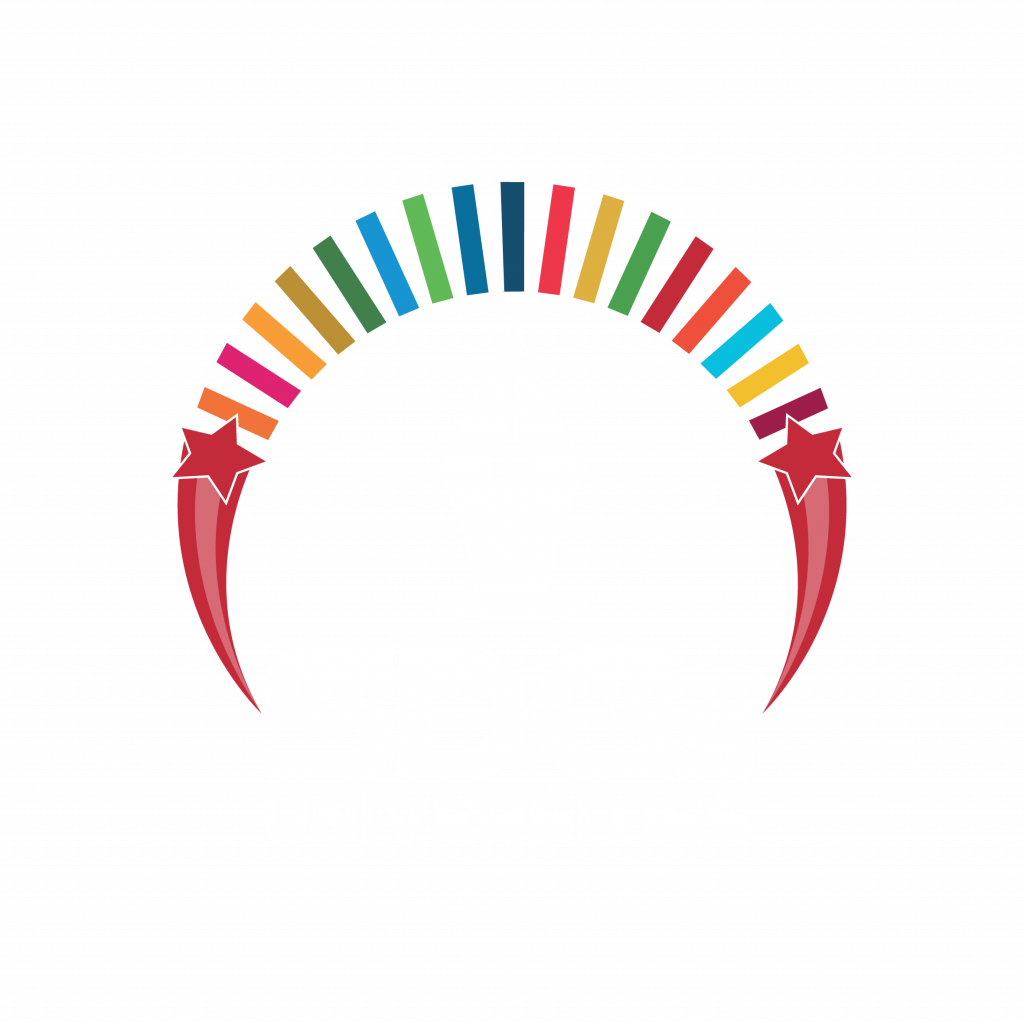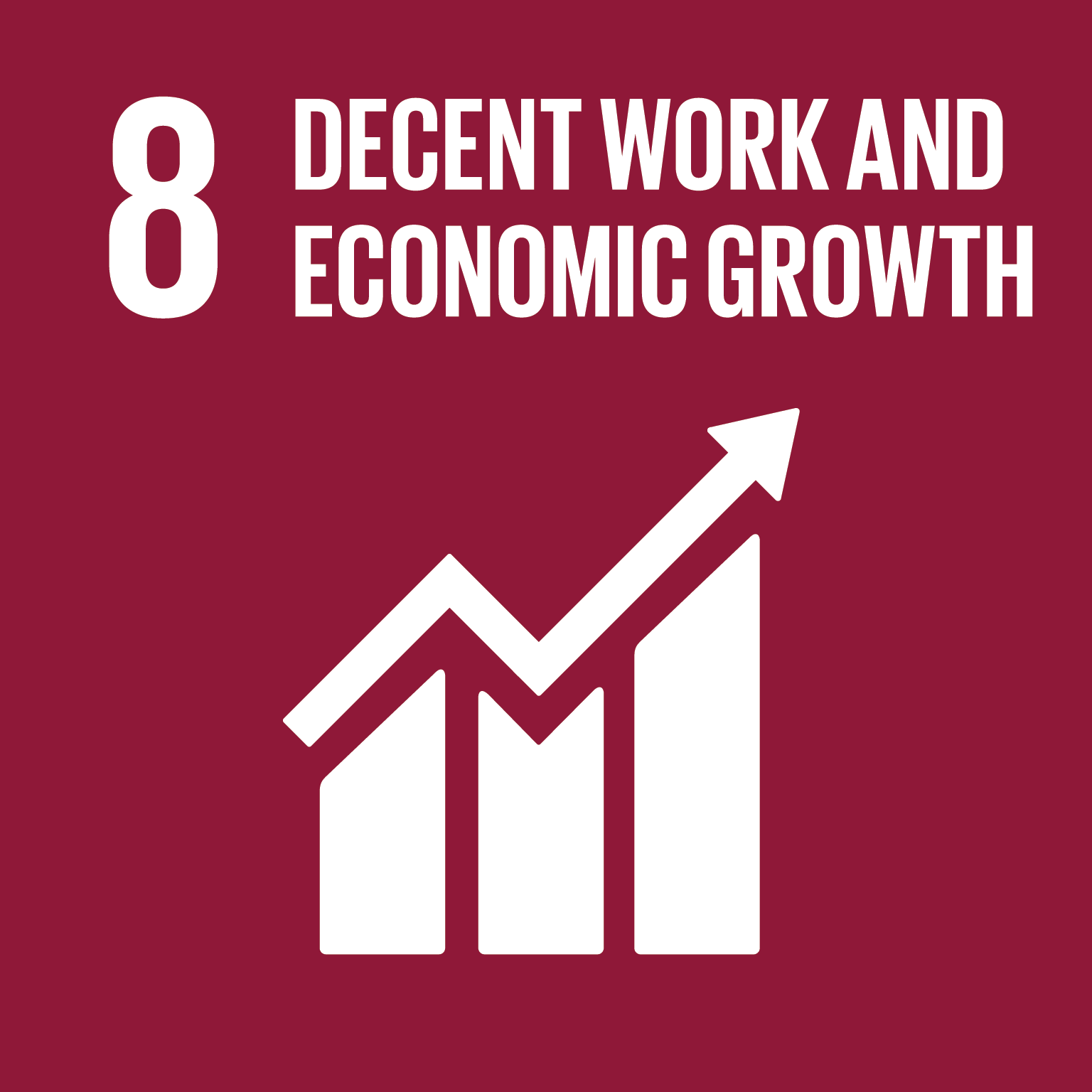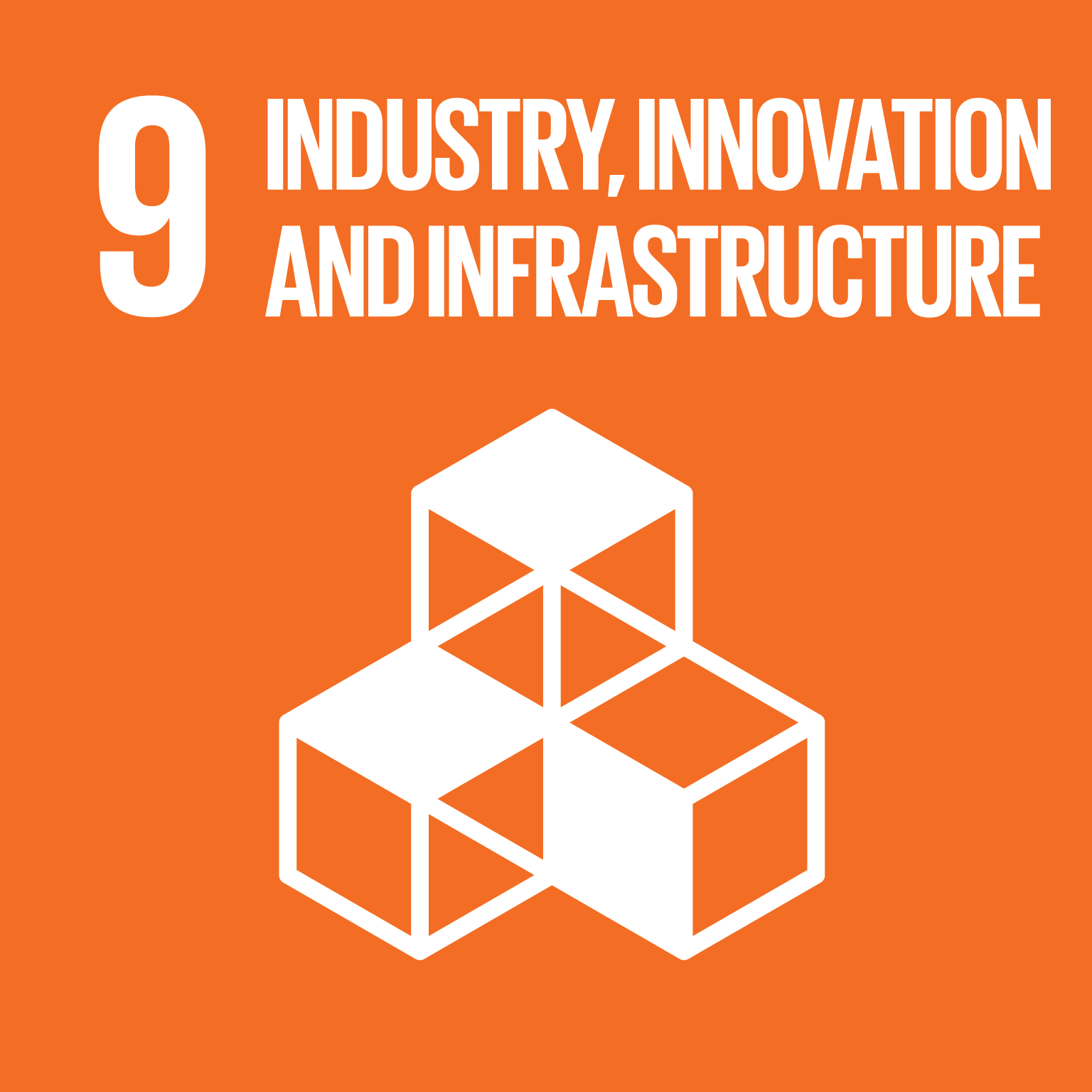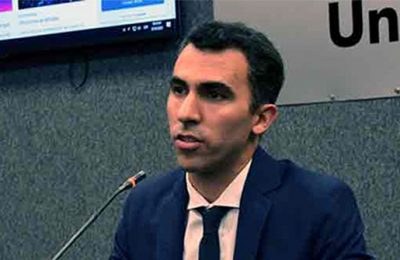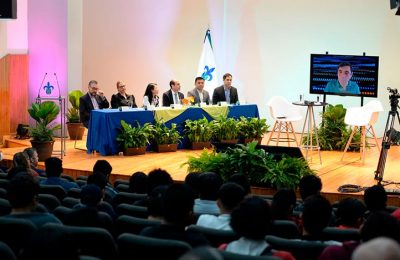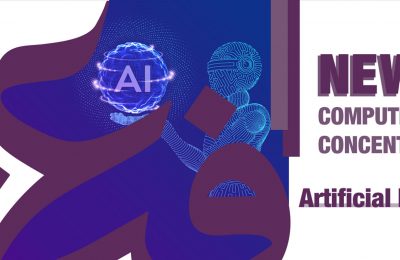Artificial Intelligence (AI) is the simulation of human intelligence processes by machines, particularly computer systems. These processes include learning (the acquisition of information and rules for using it), reasoning (using rules to make approximate or definitive conclusions), problem-solving, perception (interpreting data from the environment), and language understanding. AI can be categorized into two main types: Narrow AI (Weak AI), which is designed to perform a specific task (e.g., facial recognition, voice assistants, or recommendation systems) (Babu M V S, Banana K, 2024) and General AI (Strong AI), which would outperform humans at nearly every cognitive task (currently a theoretical concept).
Data Science (DS) is an interdisciplinary field that uses scientific methods, algorithms, and systems to extract knowledge and insights from structured and unstructured data. DS involves various techniques from statistics, machine learning, and data mining to analyse and interpret complex data. It is a blend of data collection, cleaning, transformation, analysis, and visualization aimed at solving complex problems and improving decision-making.
AI rapid developments are continuously expanding human capabilities in various domains stretching from reasoning and meaning discovery through complex computer vision applications and content generation. Evidence from both industry and academia reveals that AI applications can contribute to improving people's lives in diagnosing diseases, making complex decisions, predicting economic stability, natural language understanding and interpretation, to mention but a few. This research group is a central hub to liaise between world known experts to develop and investigate such developments in real life context.
In this SDGs Hub, SDGs Universities platform will help and enable researchers to achieve their objectives such as:
Curriculum Development: Universities can develop interdisciplinary programs that combine AI, data science, and sustainability. These programs can teach students how to use AI and data analytics to solve problems related to the SDGs, such as poverty, hunger, and climate action. Courses could include topics on ethical AI, data privacy, and AI for social good.
Research Collaboration: Universities can collaborate with governments, NGOs, and industries to address real-world challenges, particularly those related to the SDGs. AI and data science research can focus on practical applications such as climate modeling, disaster management, healthcare improvement, and poverty alleviation.
Capacity Building: Universities can offer training and workshops to help local communities and governments understand the potential of AI and data science in addressing societal challenges. This will ensure that AI technologies are not only used in high-tech industries but are also accessible to all sectors of society.
Ethical and Inclusive AI: Universities can lead the way in research on the ethical implications of AI. They can conduct studies to ensure that AI technologies are developed and deployed in ways that are inclusive, equitable, and aligned with the values of the SDGs, such as fairness and accountability.
Global Knowledge Sharing: By hosting conferences, seminars, and research collaborations on AI and data science for sustainable development, universities can create a global platform for sharing best practices and solutions. This helps to foster a community of researchers and practitioners working towards achieving the SDGs.
